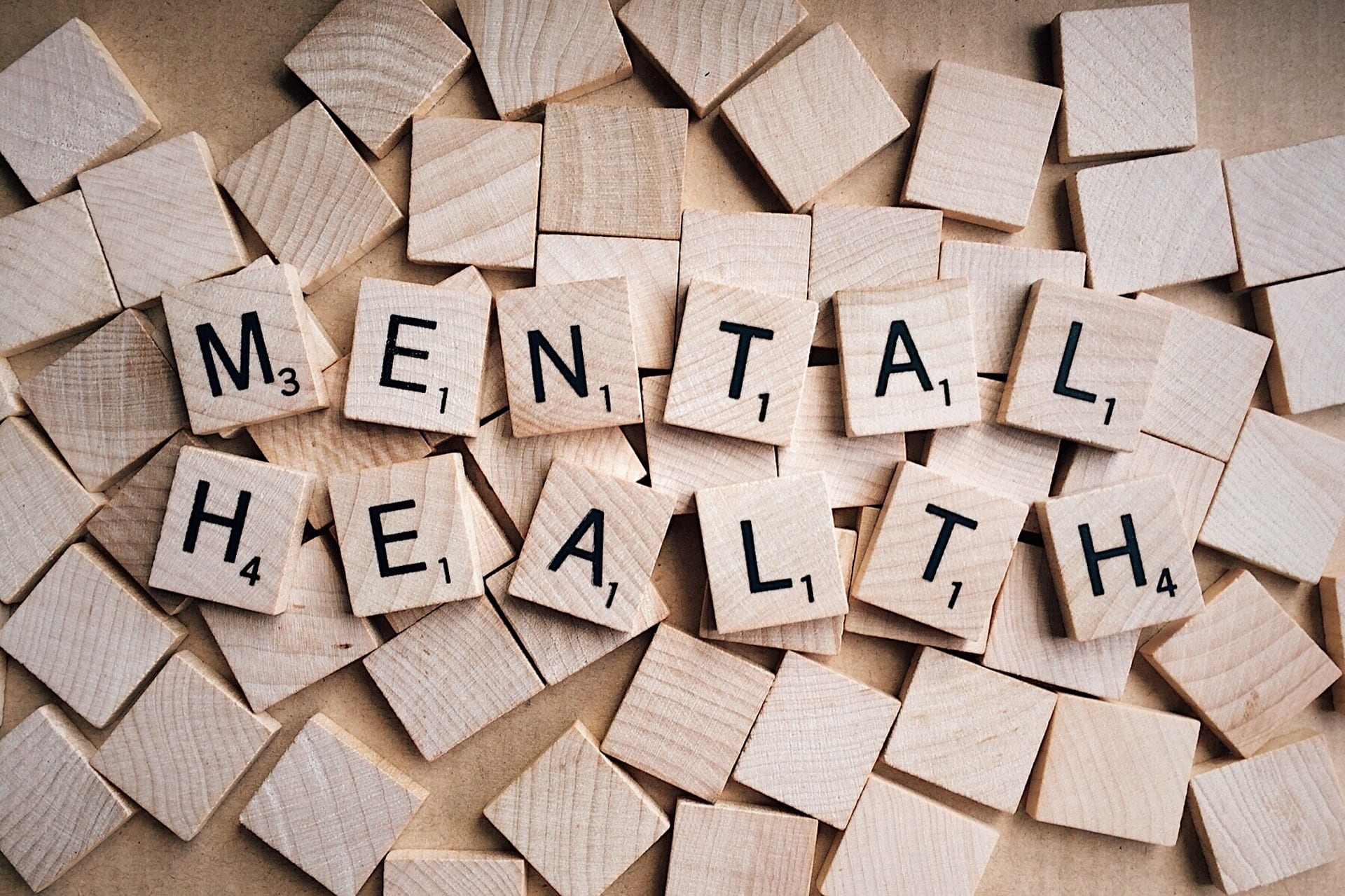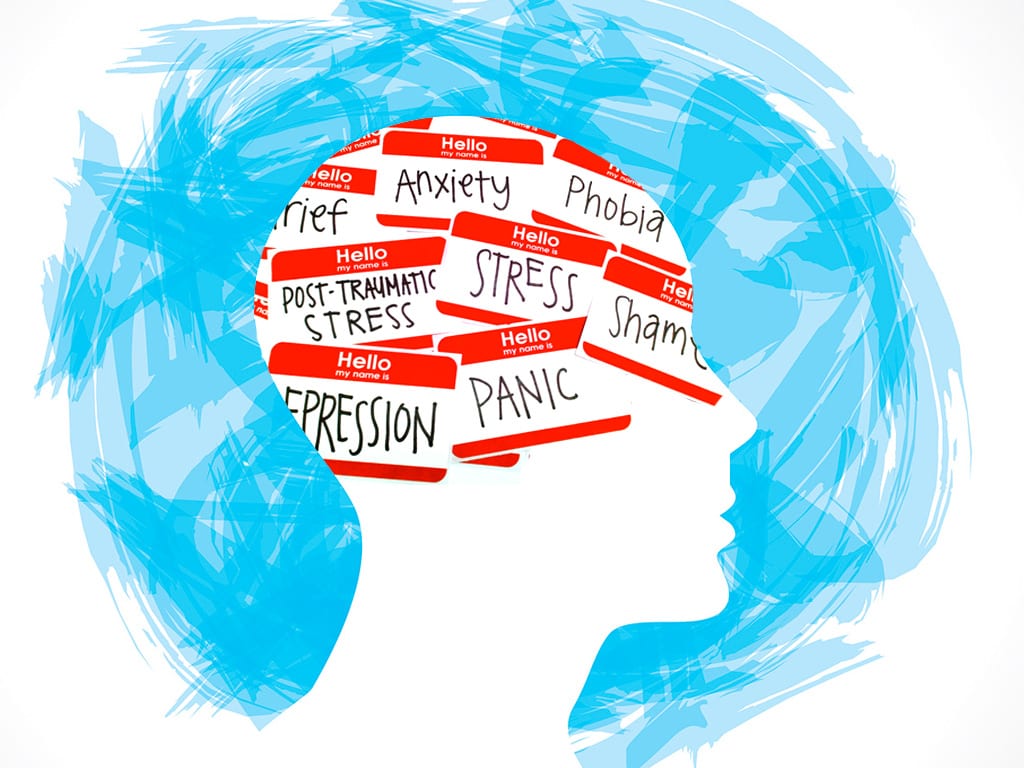In this series, “Mental Wellnessâ€, we will highlight not only the mental state of graduate students all over the world, but also the likely causes for these conditions, how to know when what you're feeling is too much, and how to deal with it in a healthy manner. So, take this journey with us and learn how to navigate grad school with a clean bill of mental health.

According to the National Alliance on Mental Health, mental illness is “a condition that affects a person's thinking, feeling, or mood†ranging from ailments such as schizophrenia and autism to depression and anxiety disorders. While many individuals see mental illness as something that could never happen to them, statistics prove otherwise. On average 1 in 4 adults will experience a mental health disorder in a given year in the U.S., and this is even higher for those pursuing graduate degrees, particularly in STEM fields.
A recent online survey conducted with 2279 participants, mostly Ph.D. candidates from 234 institutions across 26 countries, indicated that ~40% of graduate students in biological, physical sciences, or engineering reported moderate to high levels of anxiety and moderate to severe levels of depression. This is compared to only 6% who reported high levels of depression and anxiety amongst the general population. Additional studies from UC Berkeley and the University of Arizona reported that ~45% of graduate students in the biosciences suffer from depression, and majority of these students reported more than average or tremendous stress, claiming school/education as the primary contributor. This is not just in graduate students either; similar trends have been observed in medical and veterinary students as well. From these three studies a common theme emerged: graduate students in STEM are at a high risk for mental illness. The alarming thought is that without intervention now, this problem may only get worse.
As a 5th year graduate student in biological sciences, mental illness is something I see every day. Many of my colleagues are taking anti-anxiety medication. Some have regularly scheduled therapy sessions at the student health center. I myself considered counseling around the time of my qualifying exams. The statistics may be right; we are the 40%. The remaining questions that burn in my mind are: why are STEM students at higher risk for developing mental illness? What is unique about this field that has caused this phenomenon?

While there are a multitude of different factors which can contribute to poor mental health, data from these studies suggest that it is associated with a negative relationship with one's mentor along with an unsatisfactory work-life balance. Approximately half of the students with anxiety or depression surveyed reported not having a supportive relationship with their mentor, including not feeling valued. Additional studies found that only 6% of graduate students felt they could frequently turn to their mentor for assistance during stressful times. As graduate education itself can be isolating, a negative relationship with one's mentor could compound that problem, likely leading to higher levels of stress and anxiety in these students.
Additionally, as STEM fields are rapidly growing, scientists want to publish their findings fast before someone else makes the same discovery. This competition, along with pressure from academic institutions to publish papers and get grants, often gets passed down from the PI to graduate students in the lab. Perhaps the competitive nature of academia is perpetuating the notion that stress and anxiety are equivalent to dedication and productivity. This pressure to perform results in higher levels of stress, ultimately manifesting as graduate student burnout. Studies have shown that the majority of graduate students who ultimately leave grad school cite burnout as one of their primary causes. The sad thing is that many of these students have the academic capacity, but leave graduate school due to the perceived toxic environment.
But what can we do about it? Until institutions make major changes to address this growing crisis, we have to take matters into our own hands. We have to take responsibility for our own mental wellbeing, and perhaps we can transform “mental illness†into a state of “mental wellnessâ€. While a more extensive look at coping mechanisms and resources will be covered later in this series, remember that a healthy work-life balance equals a healthy mental state. Make time for yourself, your hobbies, and your interests outside of work. Take an exercise class, try meditation, just ensure that if you are feeling overwhelmed that you are coping with it in a healthy manner. And most importantly, know that you are not alone in feeling this way. We're all right here with you.
For 24-hour assistance with problems related to mental health, please contact the Georgia Crisis and Access Line at (1-800-715-4225) or online at www.mygcal.com.
About the Author
 |
Katie Reagin is a Ph.D. Student in the Department of Cellular Biology at the University of Georgia, where she studies the immune response to influenza and other respiratory infections. When she is not in lab you can find her reading, painting, binge-watching Gilmore Girls, and pretending to be a food network chef in her kitchen. More from Katie Reagin. |
About the Author
-
athenssciencecafehttps://athensscienceobserver.com/author/athenssciencecafe/April 17, 2020
-
athenssciencecafehttps://athensscienceobserver.com/author/athenssciencecafe/April 12, 2020
-
athenssciencecafehttps://athensscienceobserver.com/author/athenssciencecafe/April 3, 2020
-
athenssciencecafehttps://athensscienceobserver.com/author/athenssciencecafe/March 30, 2020







